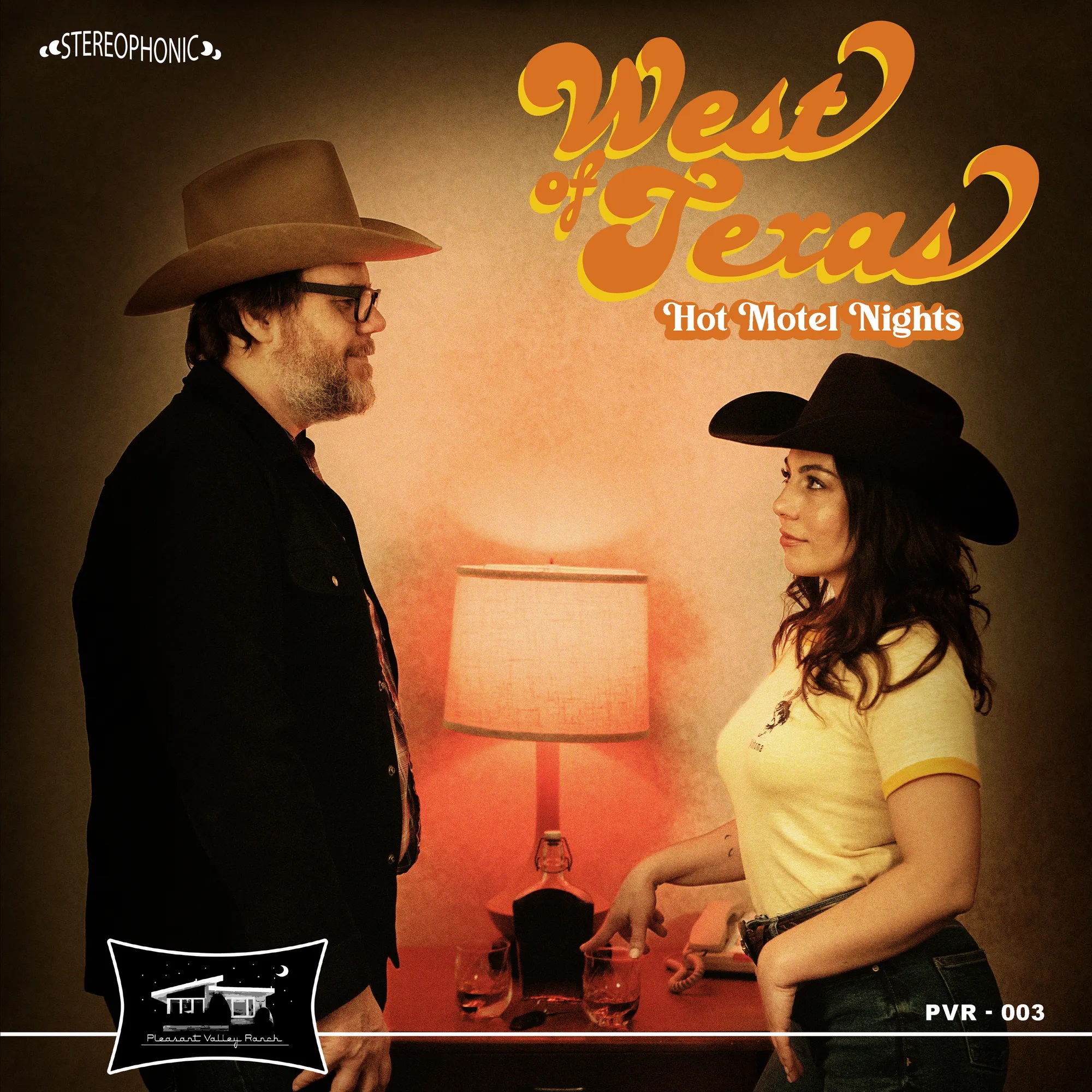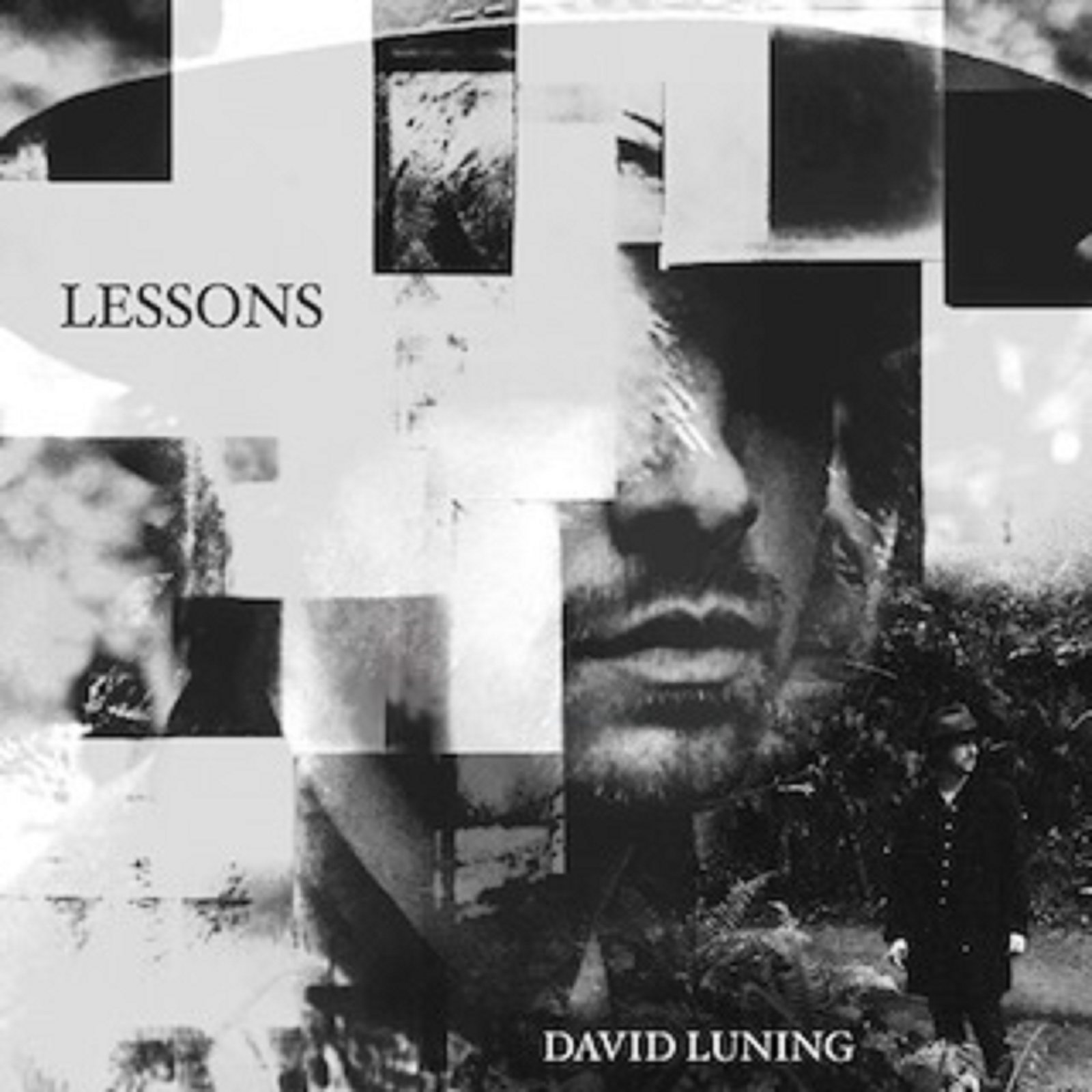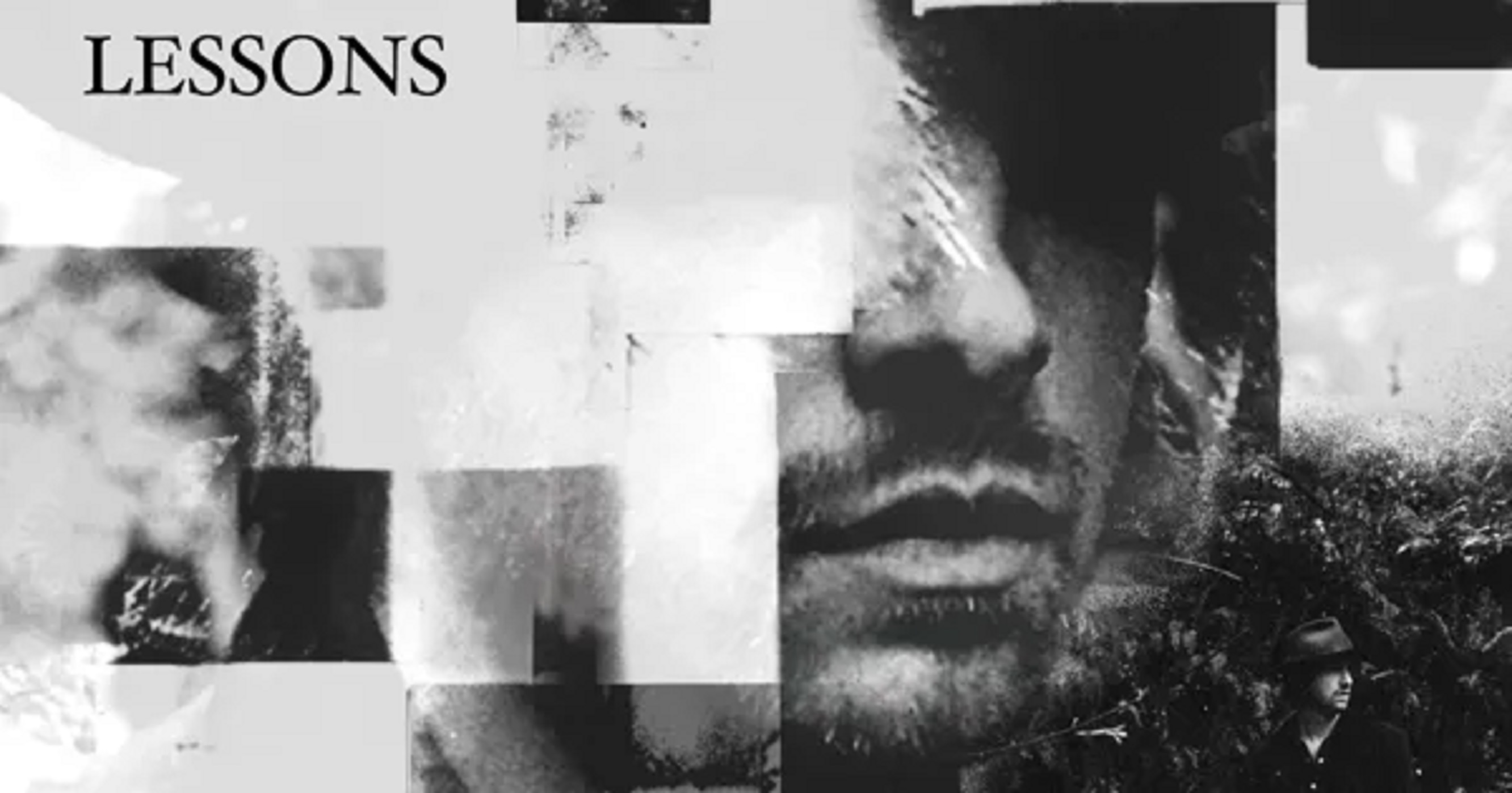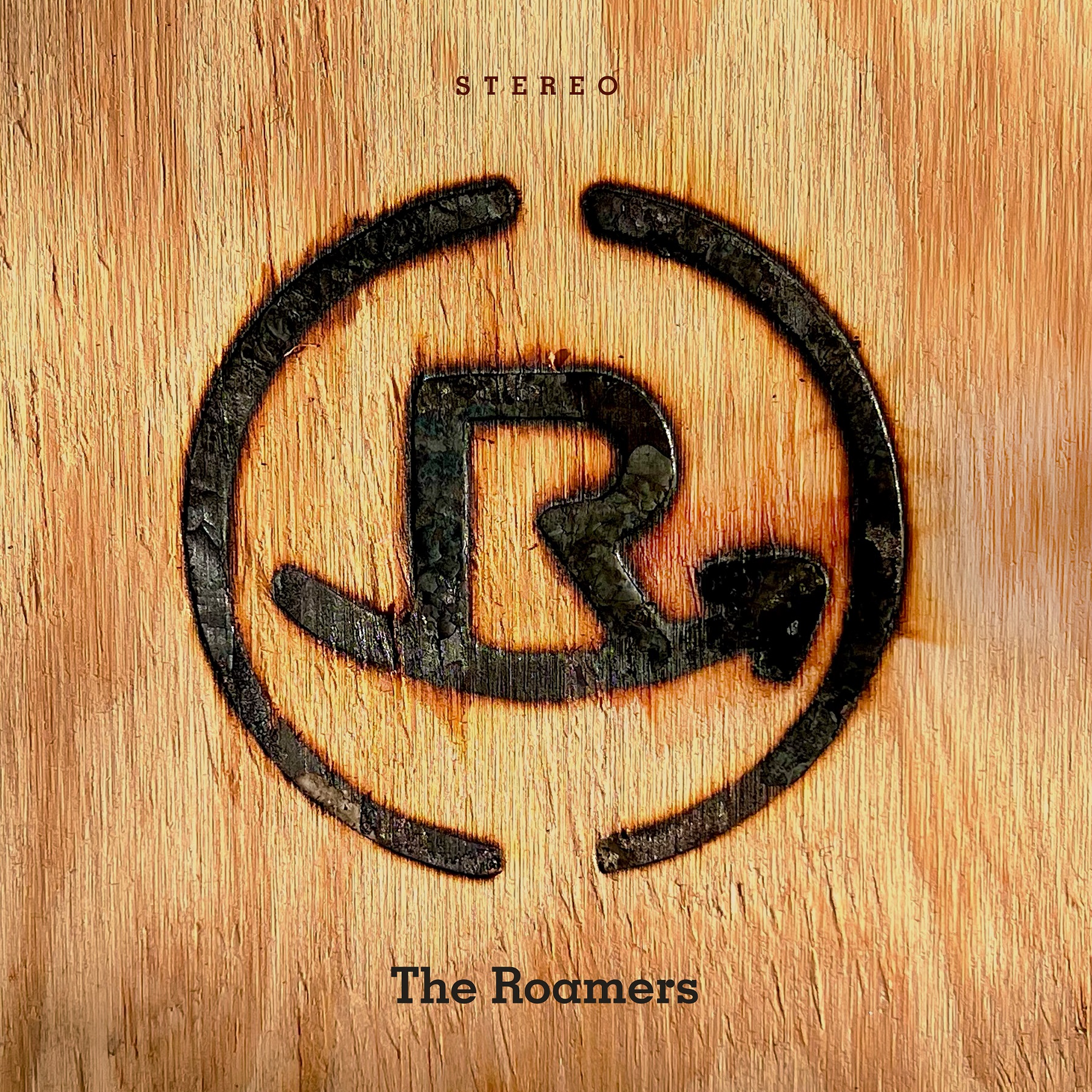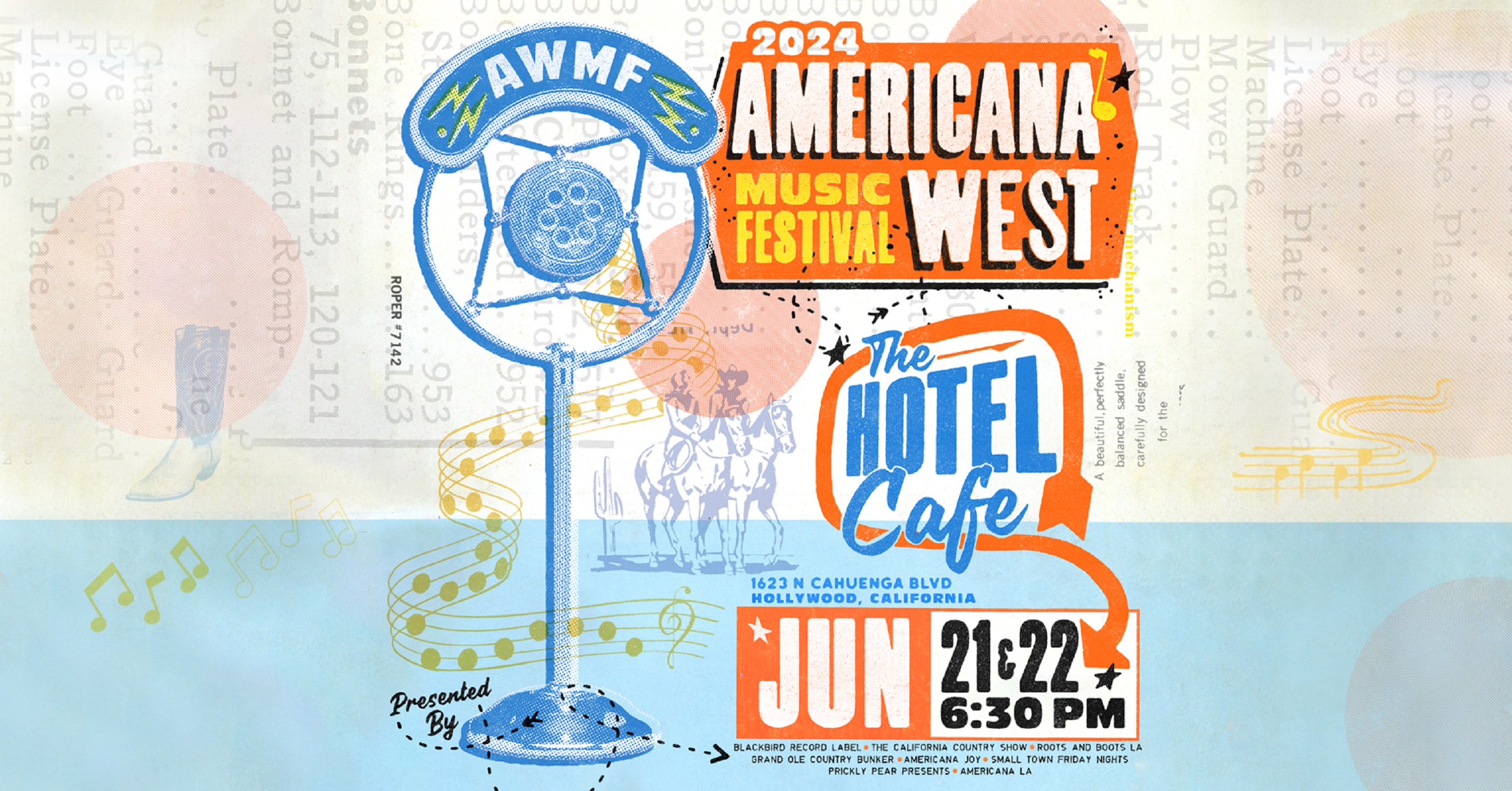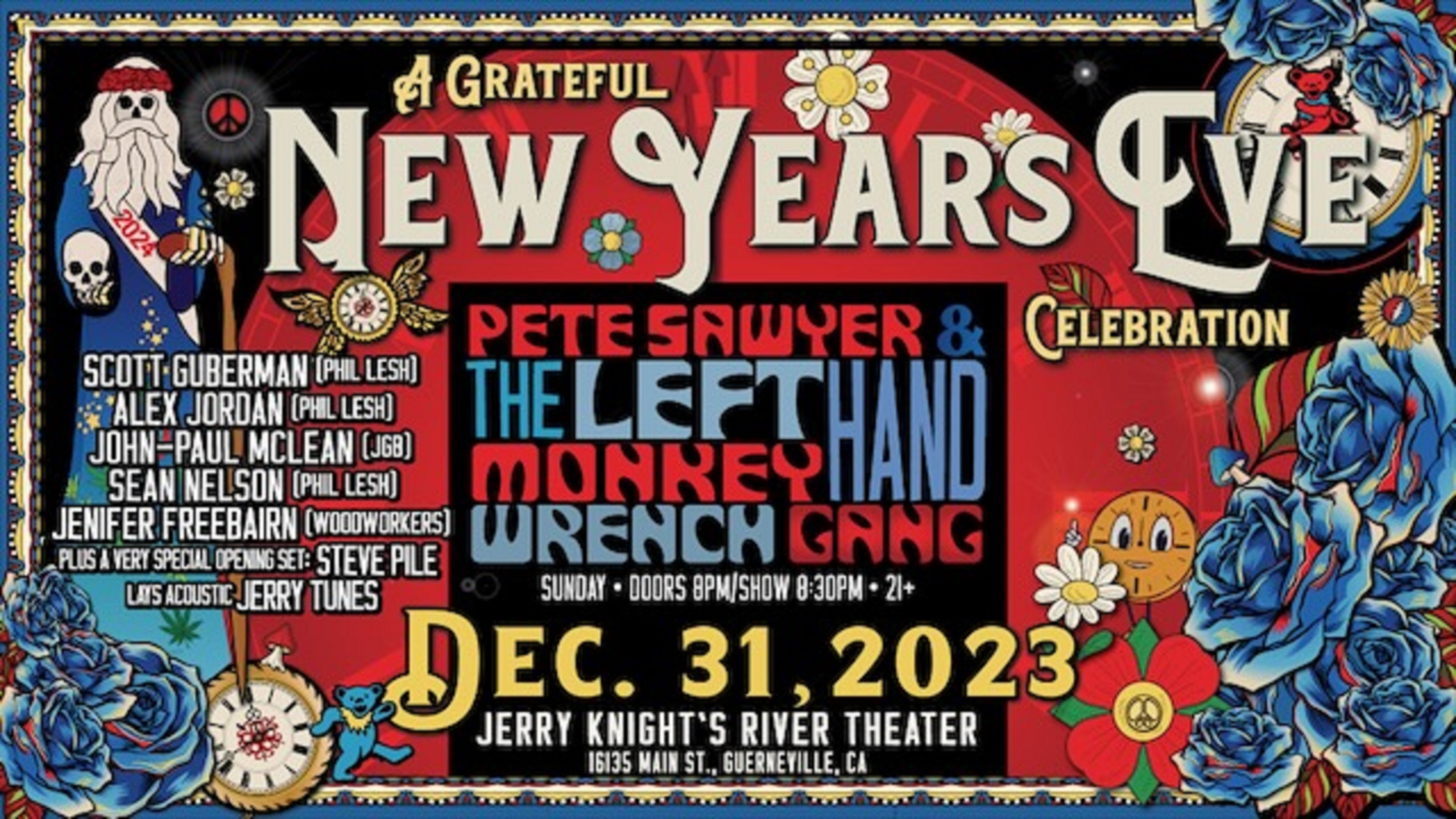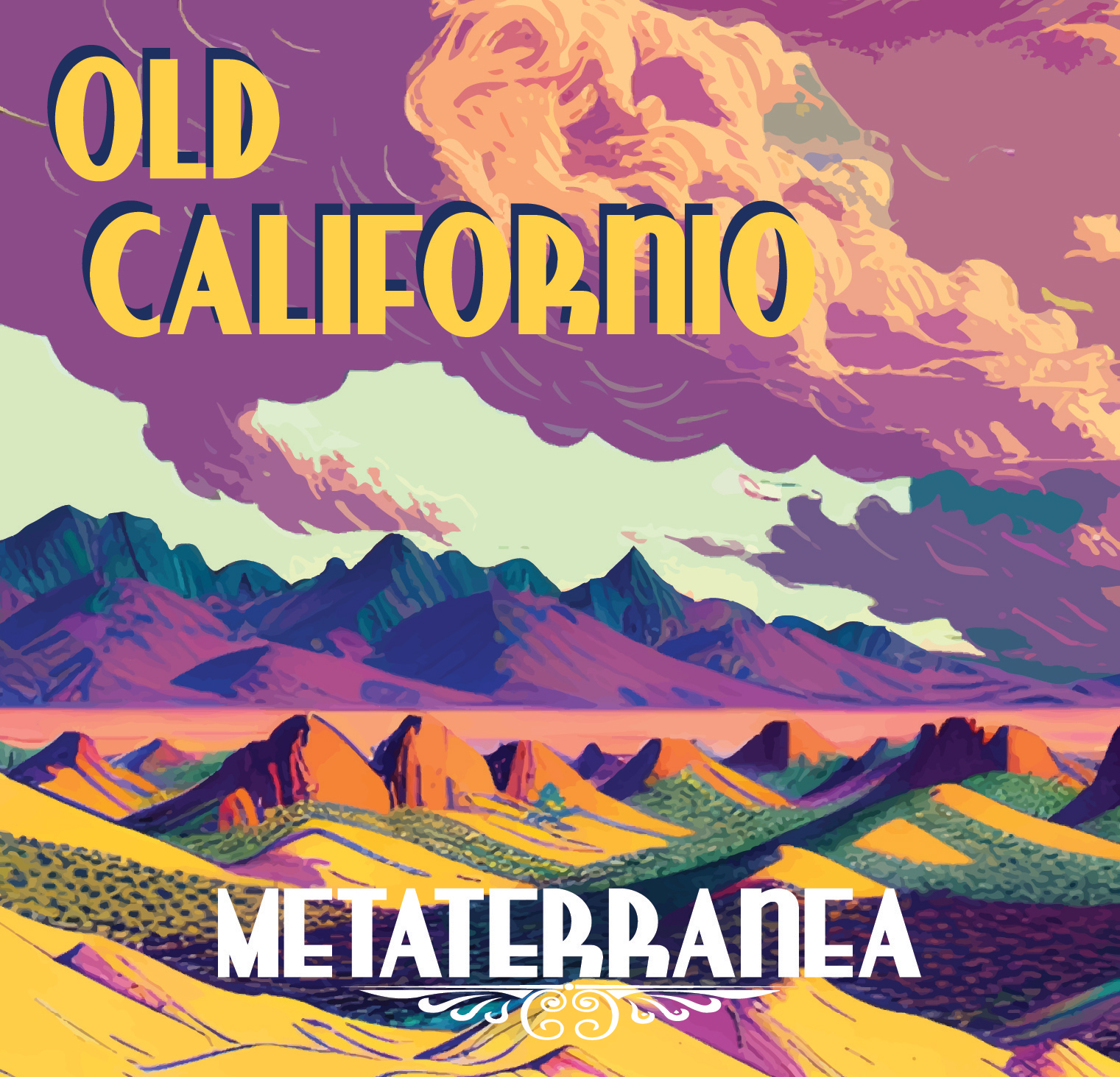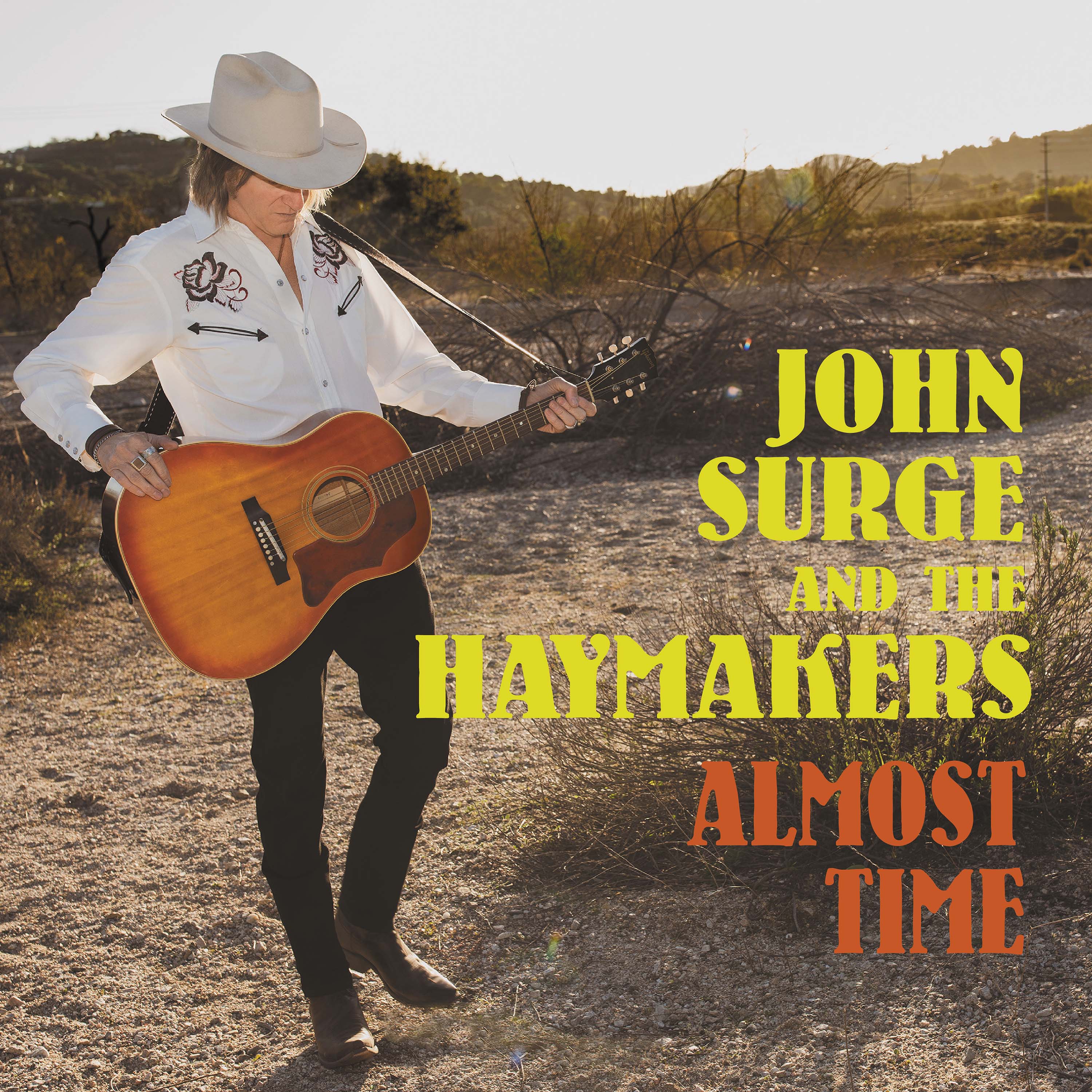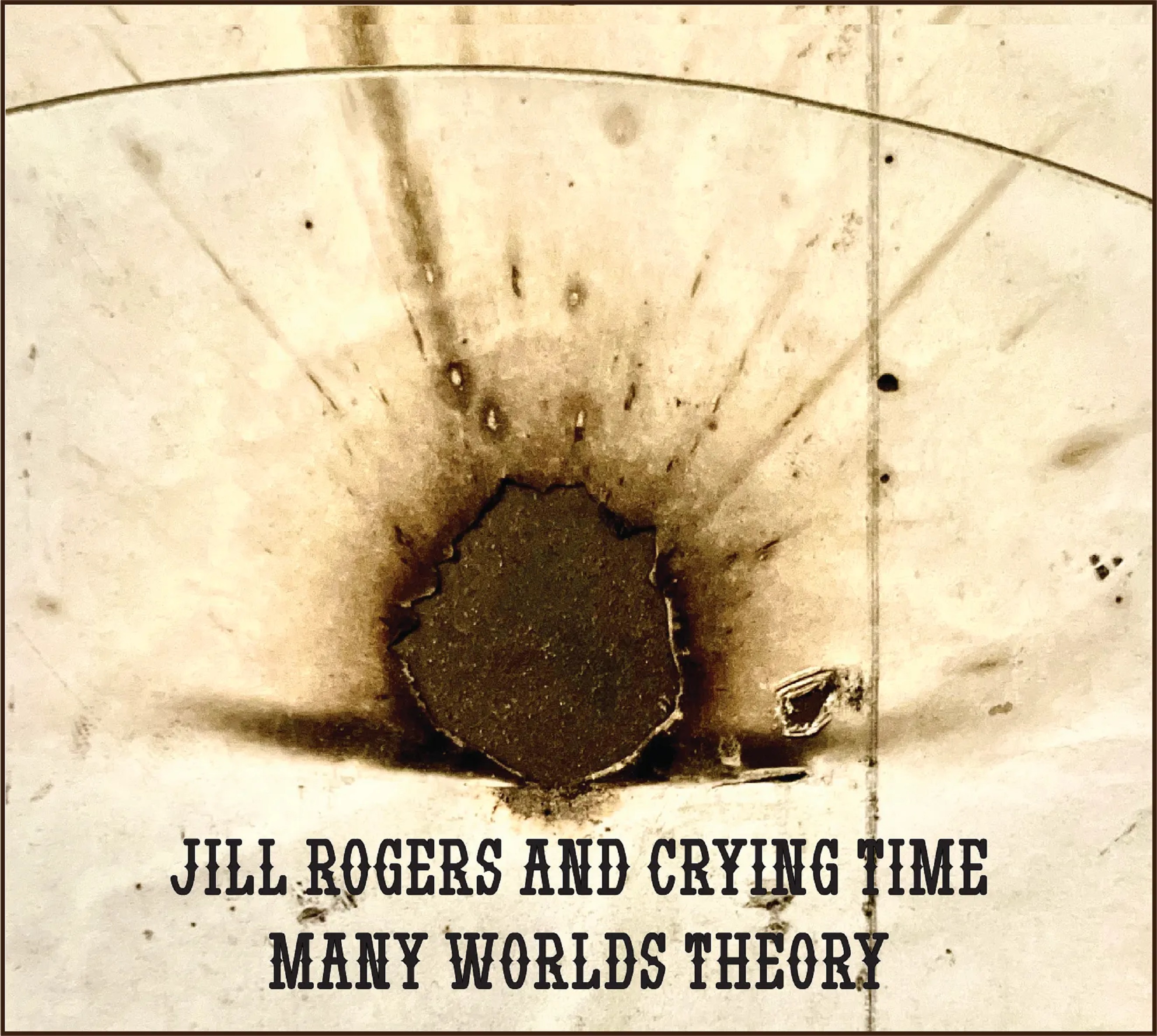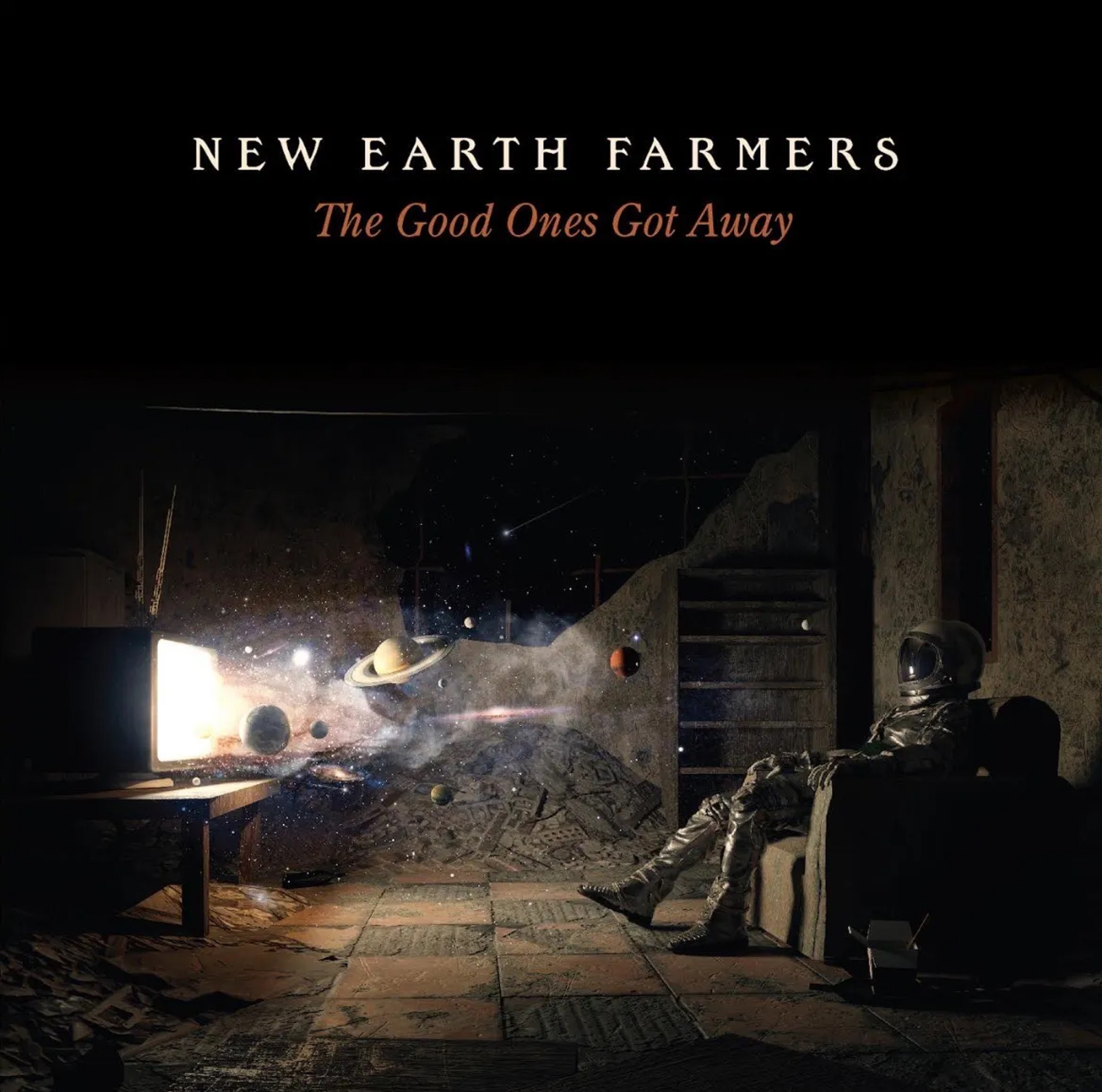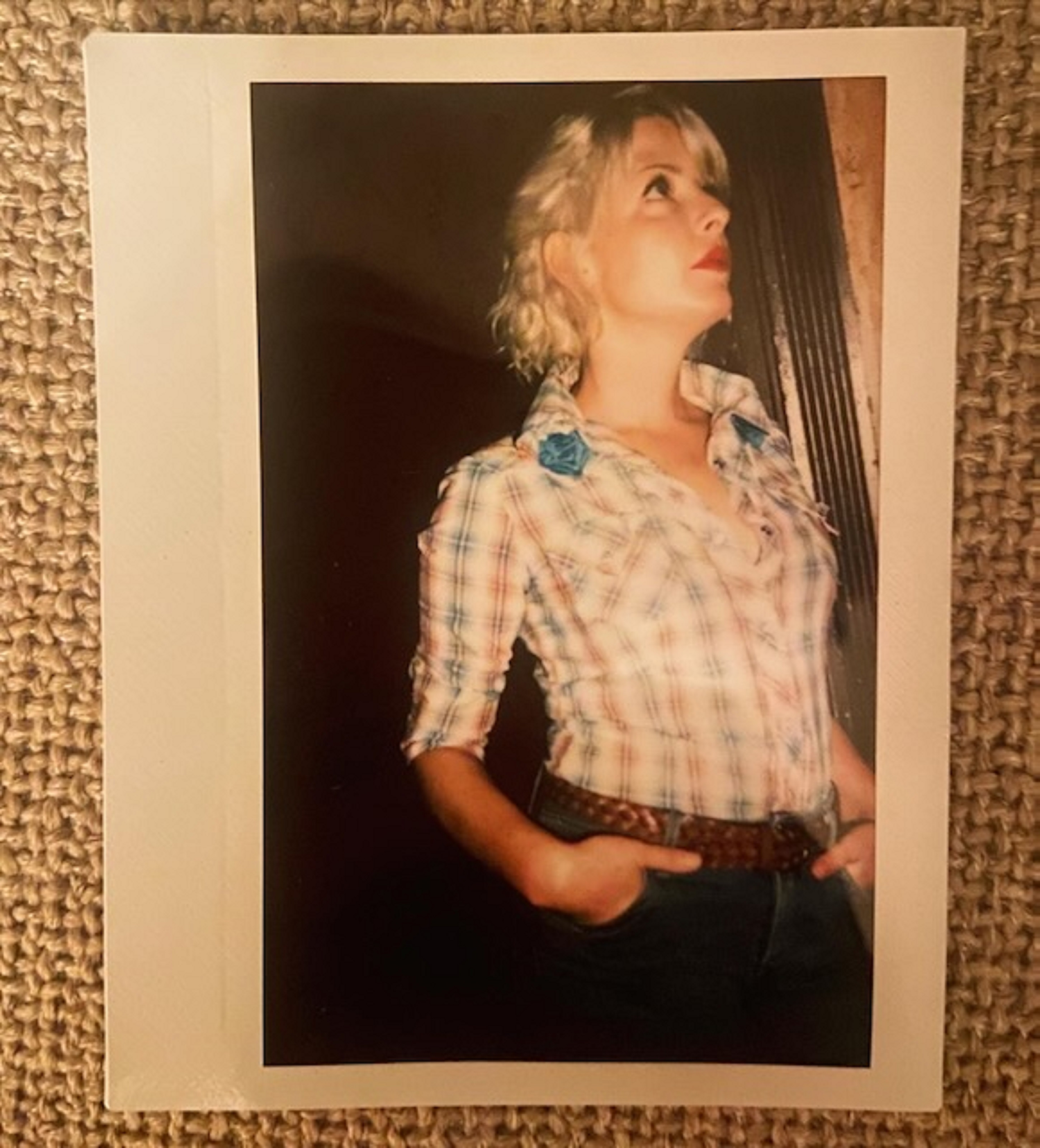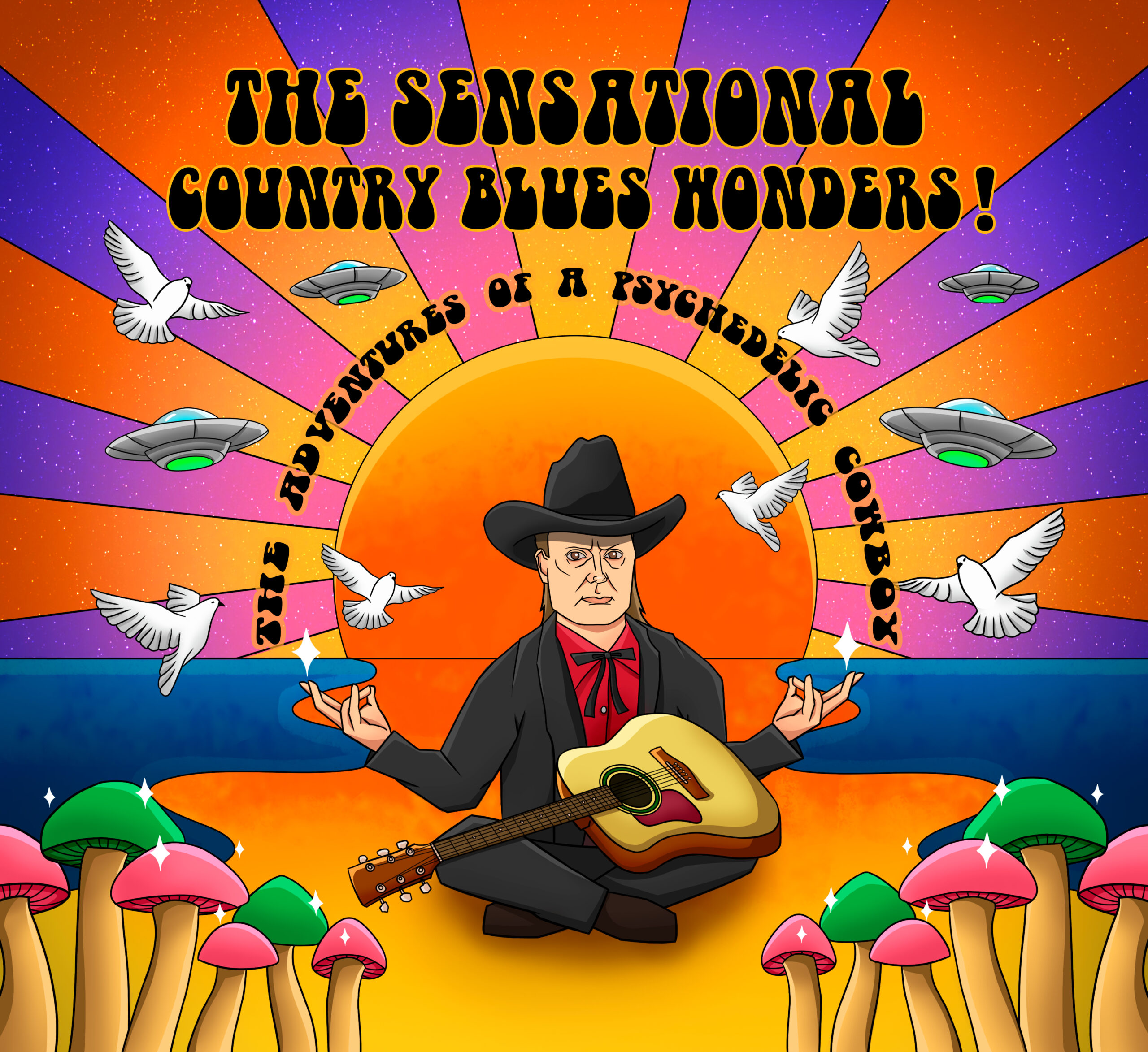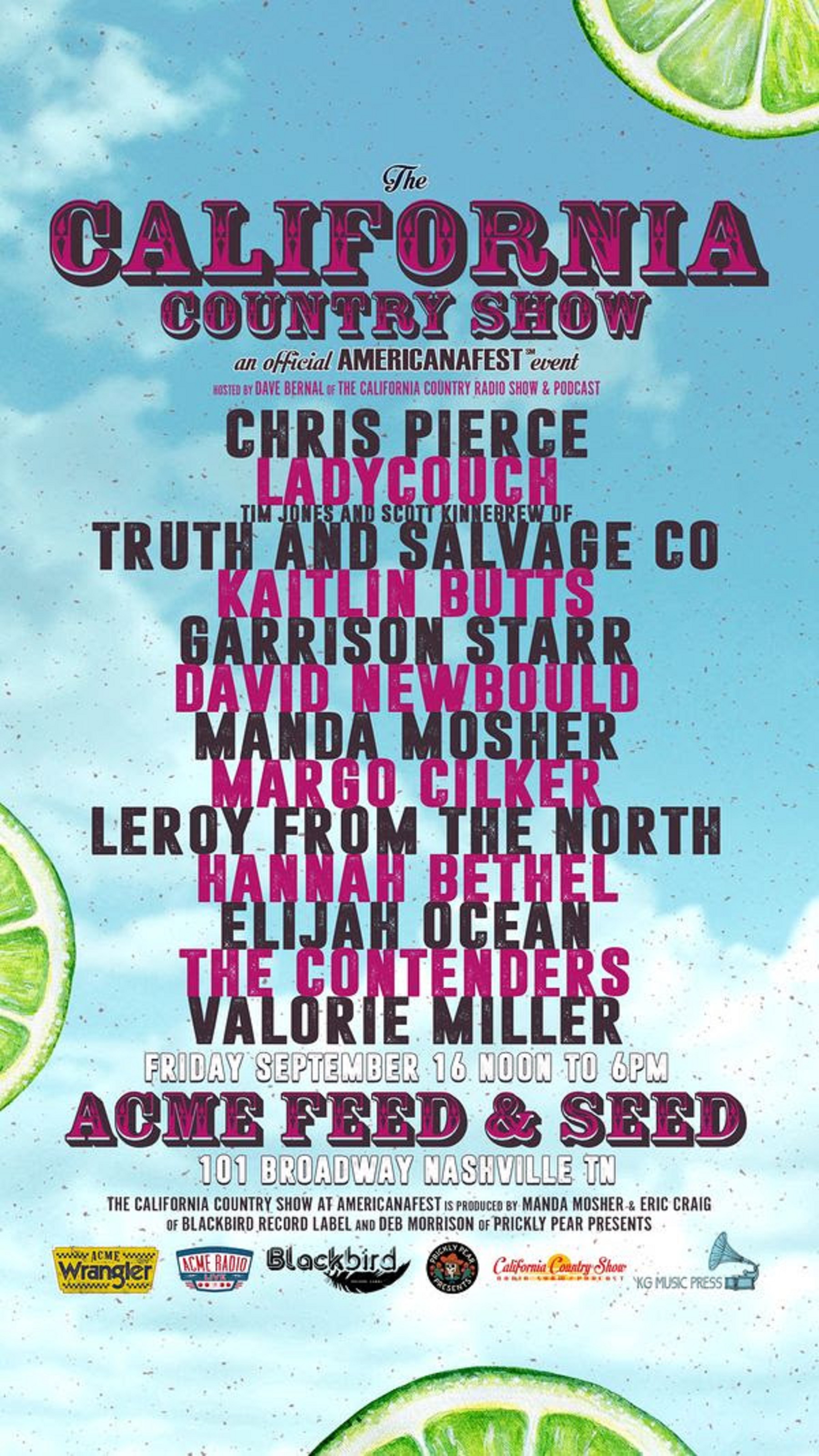Working Man’s Dread is a debut album from The Contraptionists, but the duo is not new to the music game. Paul Givant and Stephen Andrews have played music together for nearly a decade in the five-piece Americana band, Rose’s Pawn Shop.
Paul Givant wrote all songs and he and Andrews developed a lot of these songs live when they did a month-long tour from California through the Pacific Northwest, Canada, and Alaska in 2018. Mike Vizcarra (Brian Wright, Tony Lucca) produced Working Man’s Dread, along with mixing, mastering, and engineering. Additionally, some of the preliminary recording took place at Marshall Vore’s (Phoebe Bridgers) studio and he helped the band in the early phases of the recording.
The Contraptionists are an industrial folk-grunge experiment conceived of a few years ago. “The idea for this band came from me starting my music career as a drummer before moving into songwriting and guitar playing,” explains Givant. “ I wanted to attempt a one-man band project where I played percussion with my feet and played the guitar and banjo and sang. But than I thought, what if Stephen joined me on bass and also played foot percussion? And I really wanted to answer the question of how much musical sound you can get from just two people playing as many instruments at the same time as possible.”
The resulting robust sound is “...thick folk-rock melody (with) a full-bodied rhythm section” (live review). Both Givant and Andrews play foot drums and percussion themselves during live shows. Essentially, they are their own drummers while also playing guitar, bass, and singing. “The Contraptionists project allowed me to step out of the more bluegrass/country-rock realm I had been writing in for years and add some different elements to my writing and pull from the grunge and 90s rock music I grew up with,” Givant observed.
In that vein, the kickoff song, “River Lethe” sonically feels like the band got it to a place where if Radiohead was a folk band. Named for the river of forgetting and amnesia in Greek mythology, the song is about watching someone try to forget or rewrite the past. “Maybe after all the seasons fade | We’ll meet again within the shade | On a blissful blank amnesia shore | In sheets of white void of before”.
The songwriting on Working Man’s Dread is personal and a reflection of America’s past and present. Influenced by the cognitive dissonance and frustrations of the current American landscape, traveling and playing music on the road, relationships, human support and lessons learned the hard way. The music is an alloy of rock and folk elements—murder ballads, road legends, and love story songs for the hopeful and broken-hearted.
From the Tom Waits influenced murder ballad, “Murky Floor” to the up-tempo and energetic, “Empire of Smoke” to the strains of dub reggae heard in “Sight of Blood” the duo creates a big layered sound that you would swear involves more players than just the two. The last song on the album is “Dream Song” and literally came to Givant in a dream. “I had a dream I was watching a friend sing this song at a show. I woke up with the chorus melody in my head, sang it into my phone’s voice memo knowing it was a good one, then fell back asleep.” The song is about following one’s dreams as a working musician and specifically the experience of returning home to California after weeks of touring the country.
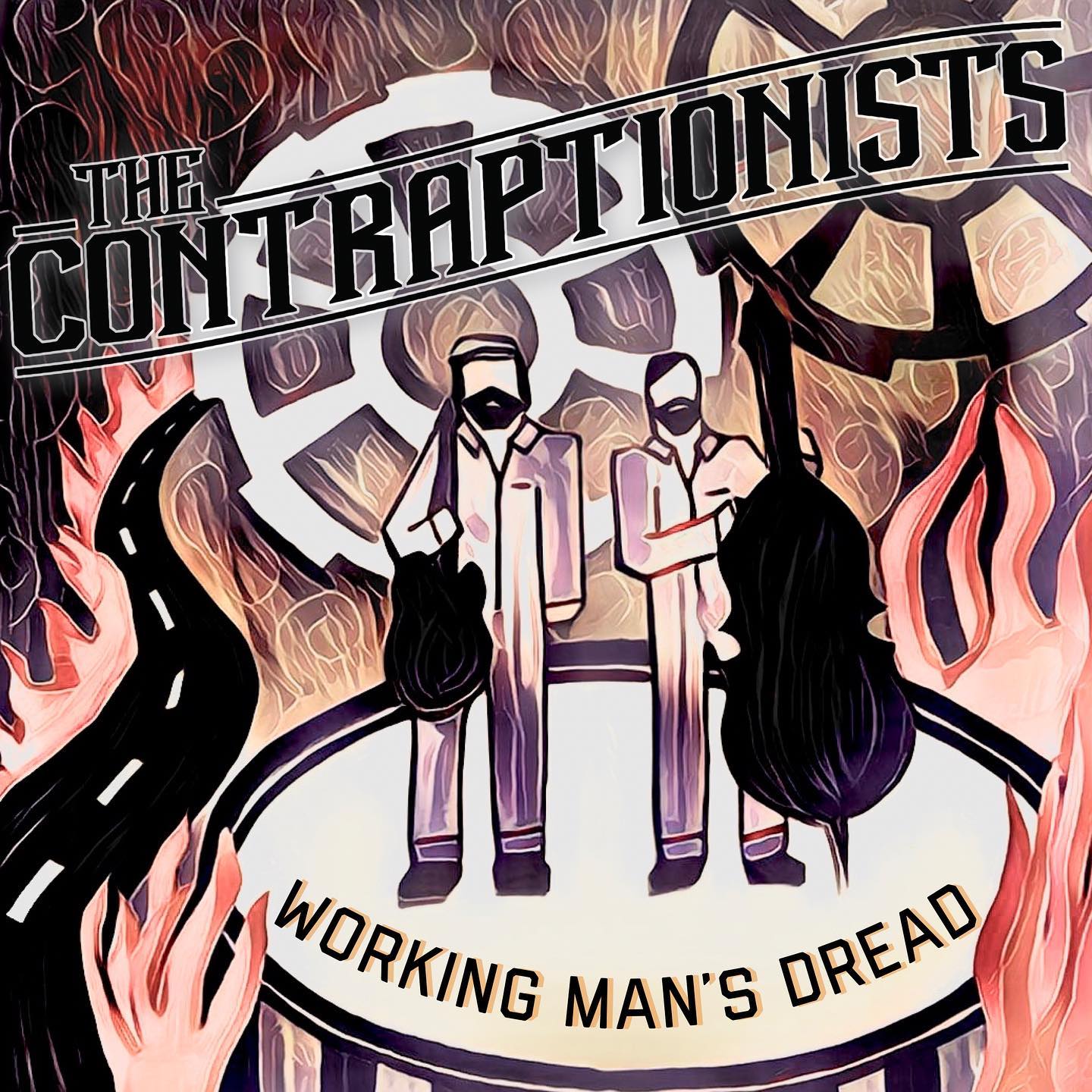
As with most bands, things were quiet for touring this year due to Covid-19, but they are looking forward to getting back out and playing live shows as The Contraptionists and with Rose’s Pawn Shop. “Some people assume Rose’s Pawn Shop is defunct since Stephen and I are making music in this other project,” Givant clarified. “But that’s not the case. We are also working on a new Rose’s Pawn Shop album currently. This is just another outlet for us musically.”
For both Givant and Andrews, Working Man’s Dread represents an experiment in sound and a collection of songs into which two artists and friends clearly poured the full extent of their musical passion. These songs tell a story and paint a picture even if there’s a little bit of coloring outside of the lines. You know that two-man, one-man band, thing.






